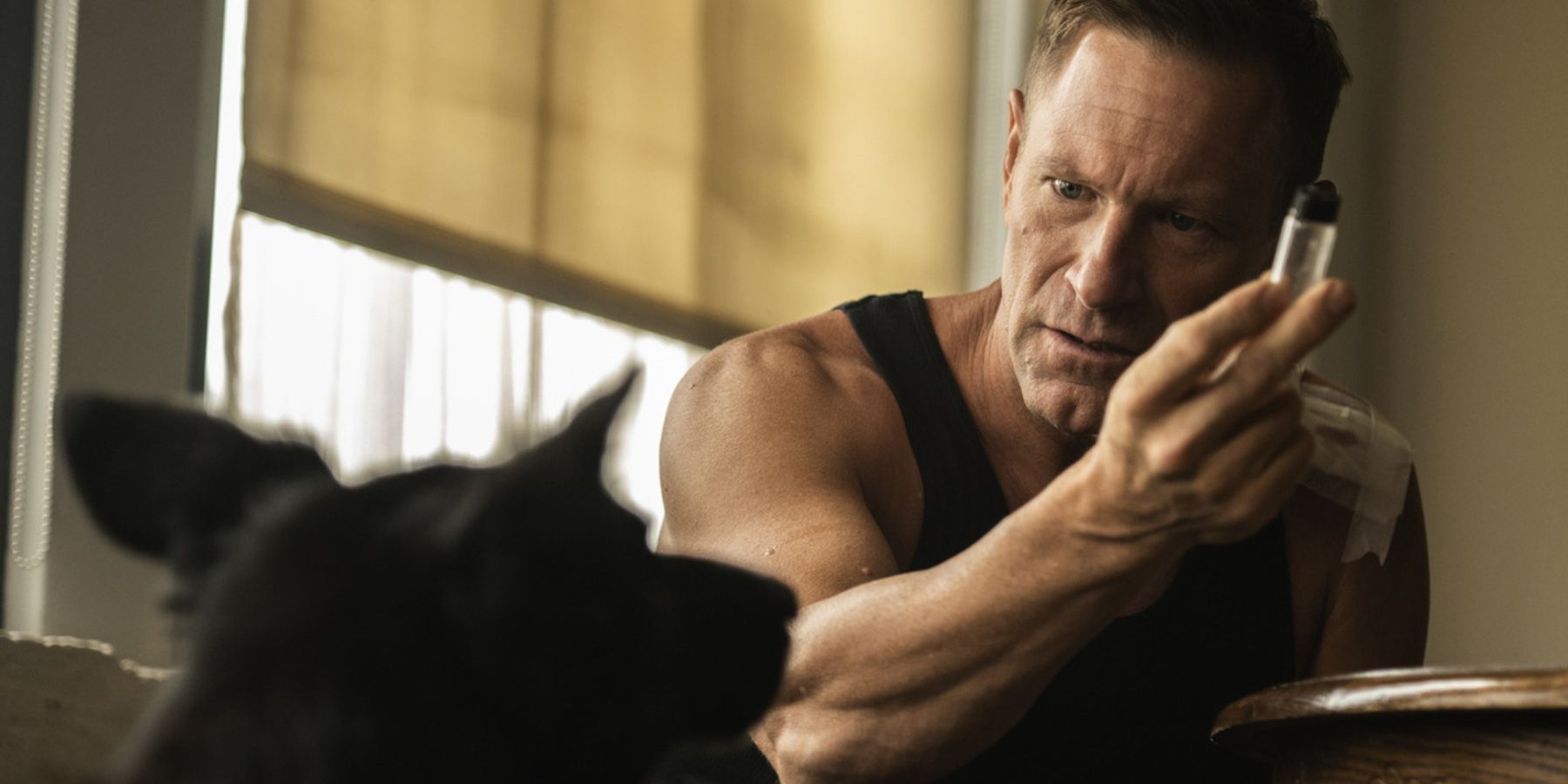“Review bombing” or finally a correction of the portrayal of JD Vance’s terrible “Hillbilly Elegy”?

Goodreads had to block reviews of the terrible Republican vice presidential candidate JD Vance Hillbilly Elegy Memoir, probably due to review bombing, but this might be a case where the bad reviews are well deserved.
On July 15, Donald Trump named U.S. Senator Vance as his vice presidential running mate for 2024, and the announcement has sparked interest in Vance’s career and political views. Although he has been critical of Trump in the past, Vance has since firmly aligned his views with the MAGA movement, supporting a nationwide abortion ban and repeating views of the white supremacist Great Replacement theory. However, Vance is not primarily known for his relatively young political career. He is arguably better known as the author of Hillbilly Elegy: Memories of a family and culture in crisiswhich was also made into a film, starring Amy Adams and Glenn Close.
Since the book consists mainly of right-wing propaganda that promotes numerous stereotypes of poverty, the conservatives naturally ate it up, gave it rave reviews and made it a New York Times bestseller. So when the book received a flood of negative reviews following Vance’s latest political career move, it felt more like a correction to the narrative than a review bombardment.
Goodreads blocks new reviews of JD Vances Hillbilly Elegy
Vance’s Hillbilly Elegy was likely review bombed on Goodreads because the site has blocked reviews of the book. When a user tries to leave a review, they receive an error message saying that the site is temporarily restricting new reviews and ratings. It states, “This may be because we have detected unusual behavior that does not comply with our review guidelines.” Typically, review bombing occurs when trolls leave fake negative reviews of a book, film, or movie in an attempt to falsify its performance metrics, often without even having seen or read it. It is most often done out of hatred for projects that are inclusive and acknowledge women or the LGBTQ+ community.
The case of Hillbilly Elegy is quite unique considering it deserves a bad review. Hillbilly Elegy examines Vance’s childhood in Middletown, Ohio, and his journey to leave his small town to go to college and pursue a career. However, the book also contains many generalizations. Vance seems to believe that his upbringing gives him the right to speak for the entire white working class and Appalachian region. He believes that just because He Everyone living in poverty has managed to “pull themselves out of the swamp by their own efforts.” Anyone living in poverty can do that. And if they don’t, it’s only because they’re lazy and suffer from “learned helplessness.”
His book has been criticized for making generalizations about the Appalachian region, characterizing it as a region that is inherently impoverished and full of “hillbillies.” He even goes so far as to claim that problems like broken families and drug abuse are specific to hillbilly culture, rather than national problems that affect people in all regions, classes, and ethnicities. In addition, the book contains a very derogatory perspective on the poor, arguing that they are all “welfare recipients” and responsible for their own situation. He goes so far as to claim that they are all great spendthrifts and poor because they do not have the self-control that he has, which is to save their money instead of buying TVs and iPhones.
Vance’s Hillbilly Elegy was so bad that not even Adams and Close could save it. Meanwhile, when the film was not rated by a conservative market, reviews were extremely negative, as it was denounced as “bootstrapping poverty porn.” When you think about it, it’s almost as if the memoir turning back It was initially bombarded with reviews because it was flooded with inaccurate praise from conservatives simply because it confirmed their hatred of people in poverty. Although Goodreads doesn’t see it that way, perhaps the review bombardment isn’t as bad as it seems.



